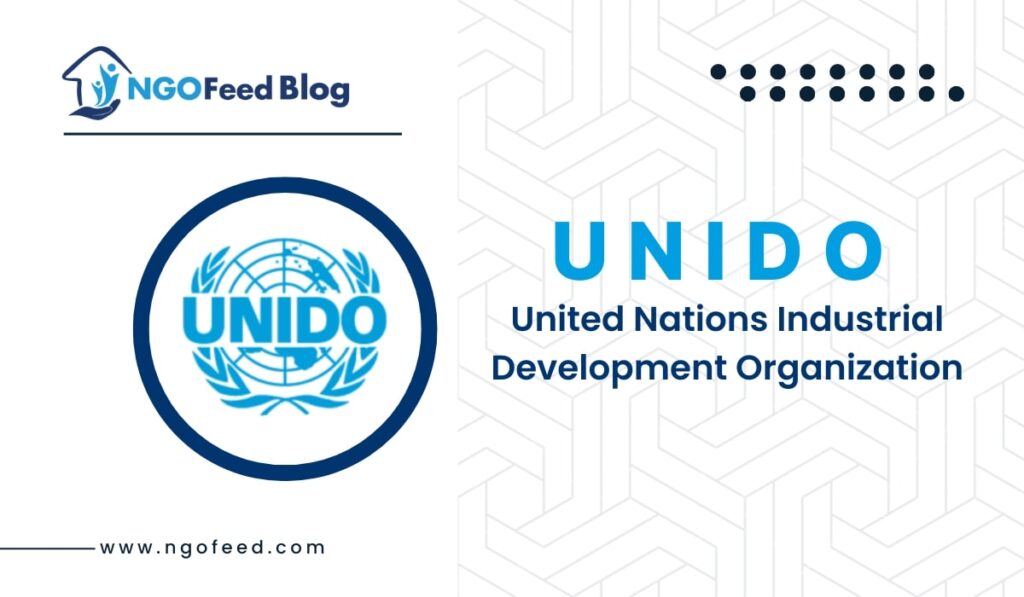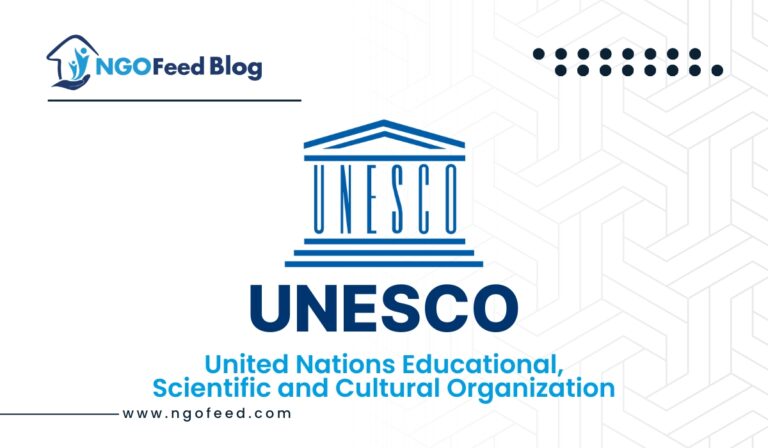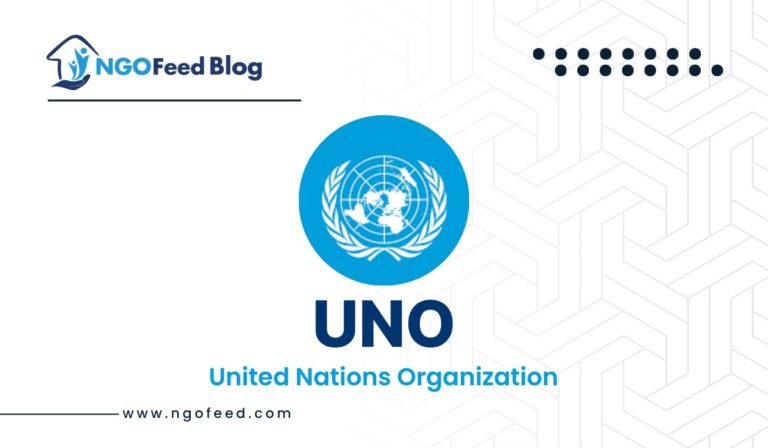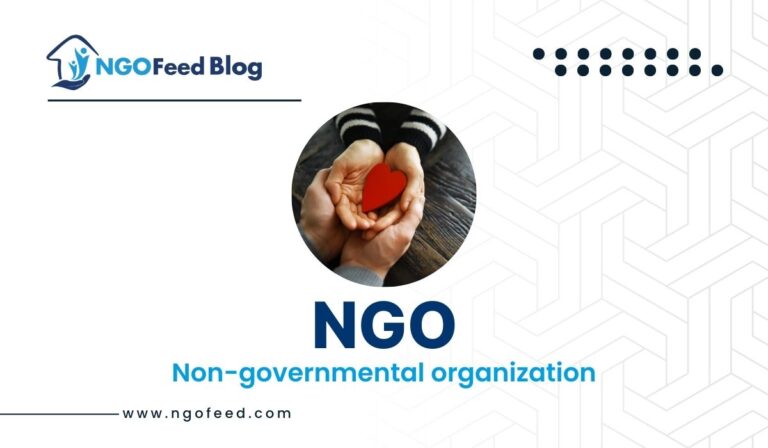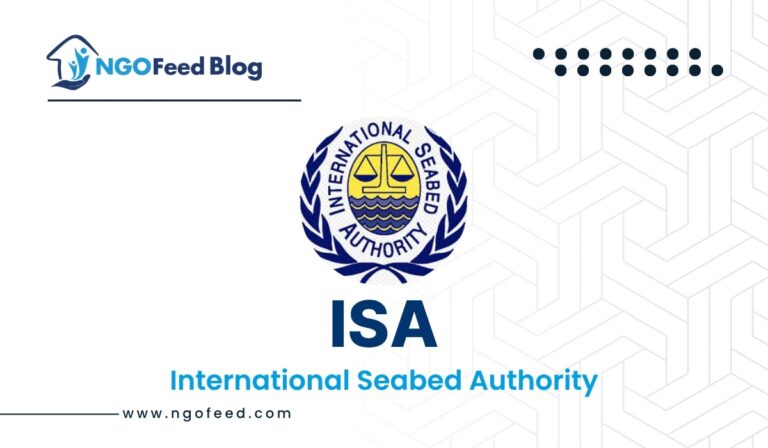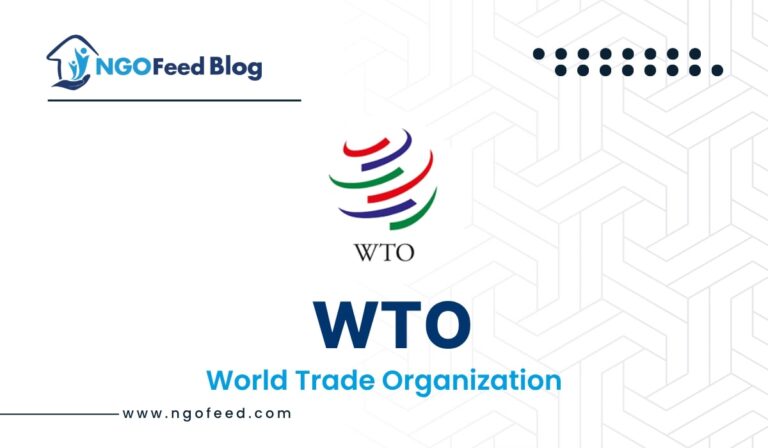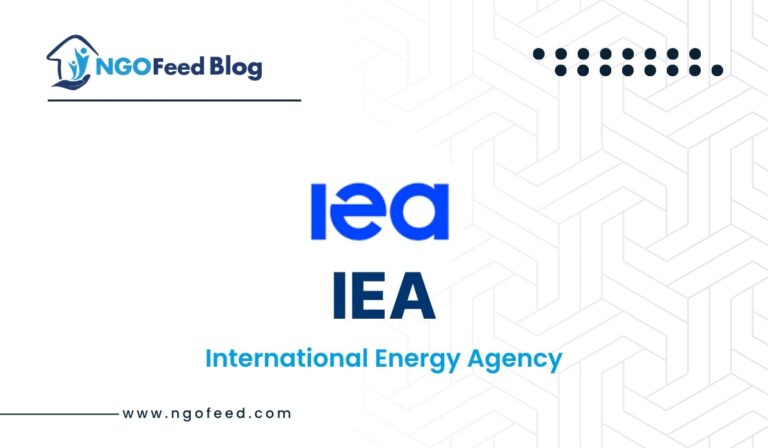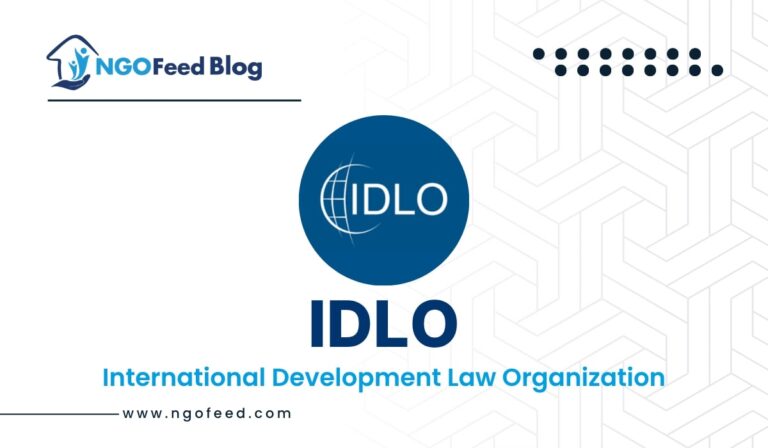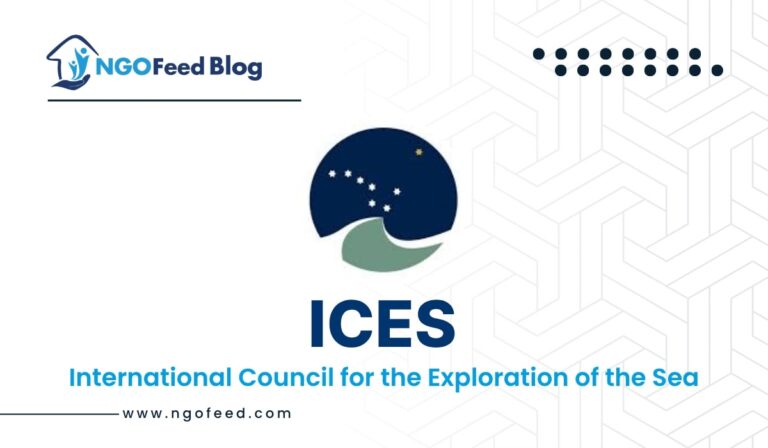UNIDO Full Form: United Nations Industrial Development Organization (UNIDO) is a specific means of the United Nations that assists countries in economic and industrial development. UNIDO was founded in 1966 by the UN General Assembly to support and accelerate the industrialization of developing countries, beginning from decolonization in record numbers and with little to no industrial base. Since 1 April 2019, 170 States have been Members of UNIDO.
United Nations Industrial Development Organization contains some 670 staff. It draws on the help of some 2,800 international and national specialists—approximately half from developing countries—annually who work on project responsibilities worldwide. From 2018 to 2021, UNIDO’s imperative priorities involve creating shared prosperity, improving economic competitiveness, safeguarding the environment, and encouraging knowledge and institutions.
Table of Contents
UNIDO Overview
Here in this section, we are providing a short overview of UNIDO (United Nations Industrial Development Organization). Let’s have a look:
| UNIDO | United Nations Industrial Development Organization |
| Headquarters | Vienna, Austria |
| Formation | 17 November 1966 |
| Parent organization | United Nations specialized agency |
| Type | Programme |
| Status | Active |
| Head | LI Yong |
| Website | https://www.unido.org/ |
| Official languages | Arabic, Chinese, English, French, Russian and Spanish. |
History of UNIDO
The United Nations Industrial Development Organization (UNIDO) creators can be sketched to a series of studies on a program of rapid industrialization of developing countries by the United Nations Secretariat.
| 1966 | On 17 November 1966, the United Nations General Assembly passed resolution 2152 (XXI), founding the United Nations Industrial Development Organization (UNIDO) as an autonomous body inside the United Nations. |
| 1975 | In resolution 3362 (S-VII), the General Assembly endorses the Conference’s recommendation that UNIDO is converted into a specialized agency. |
| 1979 | At its second special session in June, the General Conference elected LI Yong (People’s Republic of China) as UNIDO’s Director-General. |
| 1985 | Following a series of consultations between Member States that have ratified, allowed or established the Constitution of UNIDO, the Constitution enters into force on 21 June. |
| 1993 | The year sees a further restructuring of UNIDO, emphasizing the service road to private sector development. |
| 1997 | Member States choose a Business Plan for the Future Role and Functions of UNIDO that paves the way for its fundamental overhaul. |
| 2000 | UNIDO’s reformation is praised as a resounding success by Member States attending the Millennium Conference at the UN headquarters in New York. |
| 2001 | At its second session in Vienna, Austria, the UN conference on the “Establishment of UNIDO as a specialized Agency” adopted the new Constitution. |
| 2003 | UNIDO uses a new corporate policy based on the premise that productivity improvement, encouraged by improved skills, increased knowledge and enhanced technology, is crucial in promoting faster growth. |
| 2005 | At its eleventh session, the General Conference elects Kandeh K. Yumkella (Sierra Leone) as UNIDO’s Director-General. |
| 2009 | Kandeh K. Yumkella is approved for a second term in office as the Director-General of UNIDO. |
| 2013 | At its second special session in June, the General Conference elects LI Yong (People’s Republic of China) as UNIDO’s Director-General. |
Framework for UNIDO
Here in this selection, we are providing the Organization’s programmatic focus structured, as detailed in the Organization’s Medium-Term Programme Framework 2018–2021, in four pressing priorities:
- Creating shared prosperity
- Advancing economic competitiveness
- Safeguarding the environment
- Strengthening knowledge and institutions
All of these programmatic fields of activity contain several individual programmes, which are implemented holistically to achieve effective outcomes and impacts through UNIDO’s four enabling functions:
- Technical cooperation;
- Analytical and research functions and policy advisory services;
- Normative operations and standards and quality-related activities; and
- Convening and partnerships for knowledge transfer, networking and industrial cooperation.
Objectives of UNIDO
- UNIDO’s motto is “Progress through Innovation.” It promotes innovation for long-term industrial development.
- It assists countries in making digital and green transformations in their sectors to advance and achieve long-term goals.
- Its goal is to alleviate hunger and food insecurity. This includes increasing cooperation and sharing best practices and technologies for reducing crop losses.
- It seeks to manage climate change by encouraging renewable energy and lowering greenhouse gas emissions. This includes supporting various low-carbon practices, policies, and technology.
Structure of UNIDO
- The General Conference and the Industrial Development Board are UNIDO’s policymaking bodies.
- The General Conference establishes guiding principles, policies, and approves budgets and work programs.
- It appoints the Director General every four years and chooses members of the IDB and PBC.
- The Industrial Development Board has 53 members elected for four-year terms, examining work program implementation and budgets.
- It offers policy recommendations to the General Conference, including Director General appointment.
- The Programme and Budget Committee, with 27 members elected for two-year terms, assists in creating and reviewing work programs, budgets, and financial matters.
- It is a subsidiary organ of the IDB, meeting once a year.
UNIDO and India
- UNIDO has provided technical cooperation to India’s industrial sector for nearly five decades.
- India has been a founding member of UNIDO since 1966 and is both a recipient and contributor to its programs.
- India contributes to UNIDO’s regular budget and provides an annual voluntary contribution to the Industrial Development Fund (IDF).
- The UNIDO-India Country Program 2018-2022 aims to foster inclusive and sustainable industrial growth in specific sectors, regions, and value chains.
- It promotes India’s transition to inclusive and sustainable industrial development and strategic industrial transformation policies.
- UNIDO has initiated efforts toward SDG9 advocacy in India, focusing on topics like Manufacturing for India@75 and Industry 4.0 challenges.
- UNIDO centres in India have been transformed into the International Centre for Inclusive and Sustainable Industrial Development in Delhi (ICISID).
- The Department for Promotion of Industry and Internal Trade, Ministry of Commerce and Industry, Government of India, serves as India’s focal point for all UNIDO-related initiatives.
Conclusion
Finally, UNIDO, the United Nations industry Development Organisation, has been very helpful to countries with their economic and industry growth since it was founded in 1966. UNIDO works to encourage innovation and long-term industry growth by focusing on making everyone rich, making economies more competitive, protecting the environment, and making knowledge and institutions stronger. UNIDO works to achieve inclusive and long-lasting industrial development through expert cooperation and partnerships, such as its work with India. This helps the world move forward and be more prosperous.
Frequently Asked Questions (FAQs)
Is India a UNIDO member?
India is a founder Member of the UNIDO.
Where is the headquarter of UNIDO?
Vienna, Austria
When and where UNIDO was established?
17 November 1966
How many members are there in UNIDO?
As of 1 April 2019, 170 States are Members of UNIDO.
What is the full form of UNIDO?
The full form of the United Nations Industrial Development Organization.
Read also:

